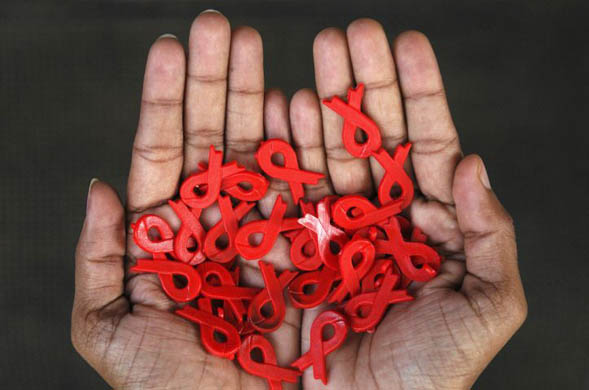AIDS transmission and HIV infection: prejudices and facts
HIV and AIDS call in us a particular fear. Opposite HIV-positive people there is still reluctance the part of society. In today’s blog post some known prejudices and fears will be reviewed.
1. HIV and AIDS are the same.
No. When one speaks of a HIV-positive people, you usually mean that when this person an HIV infection is present, but that disease, the mean AIDS (certain so-called opportunistic infections and tumors), are not yet available. For this purpose, the immune system must have been weakened by the HIV virus in the course after the infection.
2. It detects when a person is HIV-positive.
No. Whether someone is infected by the HIV virus, can not be recognized. If in diseases that match AIDS manifestations, actual HIV infection is based, can only be determined by an HIV test.
3. Each sex partners would say immediately if he is HIV-positive.
No. Just a sexually charged situation does not promote communication about difficult topics. Which shall include the notification of diseases in general and sexually transmitted infections in particular. Since factors such as alcohol, etc. often play an additional role in the repression of problems in this situation is very high. By taking over the responsibility of all those involved an educative situation can come about.
5. A negative HIV test has 100 percent certainty that one is healthy.
No, but first: health and HIV are not mutually exclusive. Against the backdrop of today’s treatment options mean to be HIV-positive is no longer automatically to be sick.
Under normal HIV testing HIV antibodies are measured: The immune system reacts with the formation of antibodies to the HIV infection. This reaction requires at least days to weeks. (Faster is the direct detection of the HIV genome by PCR (polymerase chain reaction). This test is not for routine HIV testing used).
Due to this so-called evidence gap of about two to three weeks is prohibited, for example, HIV testing before surgery pointless and without the patient’s consent in any case, what is even medical personnel do not always present.
6. HIV-Positive may no longer work, because the risk of infection is too great.
No. There is no professional activity exclusively in the medical field, where HIV-positive can not work. Under proper medical treatment, the amount of virus in the blood is so small that even micro injuries that can occur in the surgical area represent no risk of infection. This position is organized by the US Society for Virology and the US AIDS Society repeatedly reaffirmed.
Foray: For HIV-positive people under successful therapy with a viral load in the blood below the detection limit: if this situation is already more than half a year and there are no other diseases of the genital tract, means sexual intercourse without condoms no greater risk than the sexual intercourse with condoms.
7. HIV have anyway only Gay.
No. 33 to 36 million people are infected with HIV worldwide at the time, including slightly more women than men. The perception that gay men or drug users often are HIV-positive than the general population, is true only in some industrialized nations, but as will be shown each year in US by the Robert Koch Institute, the number of heterosexual people infected is increasing gradually, while infections the number of men who have sex with men (MSM) remains the same.